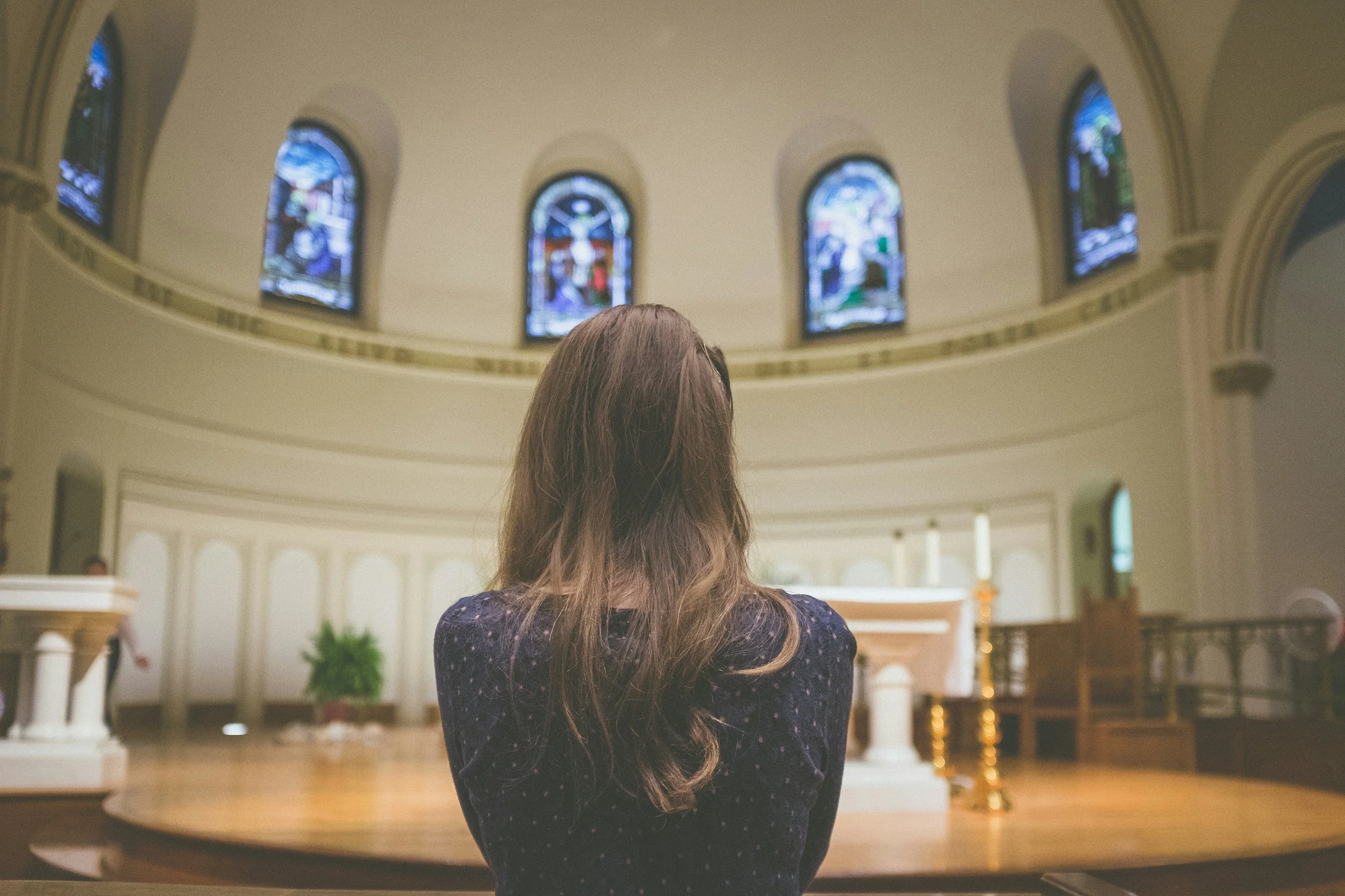Why do Catholics pray for the Dead?
Photo by Kenny Eliason on Unsplash
Our lives are measured by time, during which we change, grow old and die. No one is exempt from death. It affects everyone. St Ambrose once said, “death is the end of earthly life, but not of our existence since the soul is immortal.” Many people fear death and try to purge it from their minds. But if death is inevitable, then we have to learn how to deal with it. There is a lovely expression in Psalm 89 about death that can help us do just that - “make us know the shortness of our life that we may gain wisdom of heart.”
Is there life after death?
Virgil, the classical Roman poet, maintained that after death there was a place of pain and suffering where souls who couldn’t free themselves of vices, were sent to make up for their past faults. Plato, the Greek philosopher, believed that after death souls were enclosed in a place where they would suffer until purified from sins. In his first letter to the Corinthians, St Paul makes an allusion to Purgatory when he says:
“If the work which any man has built on the foundation survives, he will receive a reward. If any man’s work is burned up, he will suffer loss, though he himself will be saved, but only as through fire. (1 Cor 3:14-15)
This passage gives us a picture of the sufferings of Purgatory after death, which have been traditionally understood in terms of fire. Padre Pio the Italian friar and stigmatist had several visitations from souls in Purgatory asking him to liberate them through praying and offering the Mass. St John Paul II wrote that our departed ones continue to live among us not only because their memory is part of our lives but because their souls intercede for us before God.
What do Catholics believe about Death and Purgatory?
We may or may not be familiar with who the Holy Souls are and the nature of Purgatory, or what the Catholic Church teaches about life after death. The Church sets aside November as a month to pray for the dead, which starts with the Feast of All Saints and is followed by the Feast of All Souls. The Catechism of the Catholic Church states that:
“All who die in God’s grace and friendship but are still imperfectly purified are indeed assured of their eternal salvation, but after death they undergo purification so as to achieve the holiness necessary to enter the joy of heaven.”
These souls are called holy because they have passed beyond the portals of life and cannot commit any more sins. Their salvation is assured but they need some form of purification.
What is Purgatory?
No one can be received into the intimacy and friendship of God without having been purified of the consequences of personal sin. The Church gives the name purgatory to this final purification of the elect, which is entirely different from the punishment of the damned. The souls in Purgatory have died in grace but still need to make reparation or satisfaction for their sins.
Thus, Purgatory may best be understood as a process through which we are cleansed or purged of our innate selfishness, so that we may become one with God who gives himself fully to others.
What can we learn from the Holy Souls in Purgatory?
The souls in Purgatory are our dear friends who can help lead us into Paradise someday. They are constantly present to us even though we cannot see them. We cannot forget that they are suffering, and it is within our power to help them. The souls in Purgatory cannot pray for themselves; they are totally dependent on our prayers and small sacrifices. But they can gain many things for us if we ask them. Pope St. John XXIII once wrote that:
“The devotion to the memory of the dead is one of the most beautiful expressions of the Catholic spirit.”
We are part of the communion of saints, so it is within our power to ease and end their suffering. Let us not forget these poor souls in our prayers, in offering small sacrifices and especially the sacrifice of the Mass - it's one of the most powerful ways in which we can help the souls in Purgatory. The Holy Souls are remembered not just on November 2nd, but also in the mementos of every Mass.
What can we do for the Holy Souls in November?
We can offer suffrages. A suffrage is a short prayer that we can say to intercede on behalf of someone. The Church offers the wonderful gift of indulgences, either partial or plenary, for carrying out particular practises, prayers and good works. These indulgences can be used for the Holy Souls. An indulgence offers a partial or a full reduction of the sufferings due to sins which have already been forgiven.
For the first eight days of November, we can gain a plenary indulgence for the Holy Souls by visiting an oratory or church or graveyard and saying an Our Father, a Creed and praying for the Holy Father. Also, we should receive the sacrament of confession.
St Josemaria once stated that Purgatory is a mercy from God to cleanse the defects of those who wish to identify with him. The Holy Souls can help us prepare for our own death if we go to them with trust and confidence. We can use the time we have left to draw consolation from the Holy Souls, and get their help for the many things we have on hand in this life.
